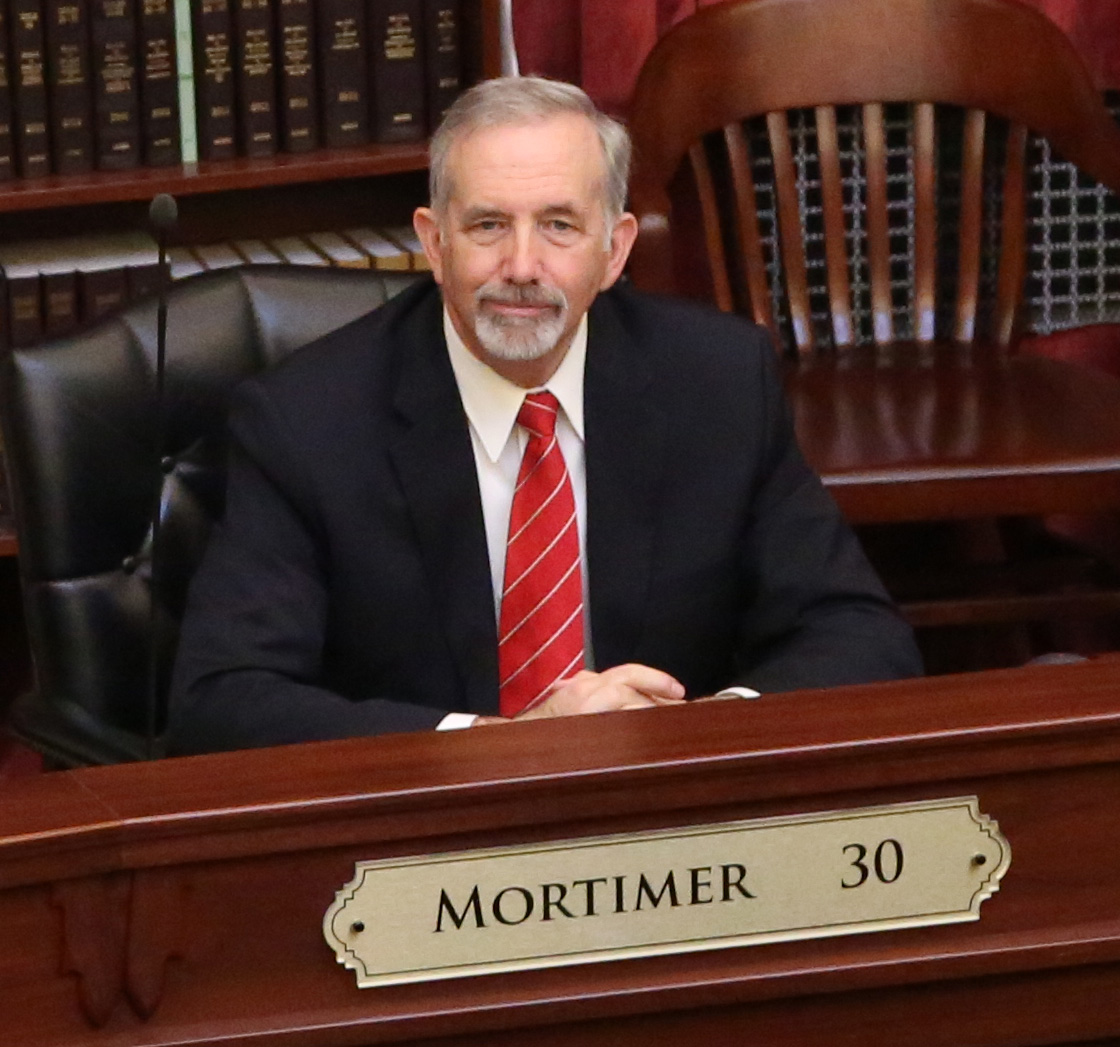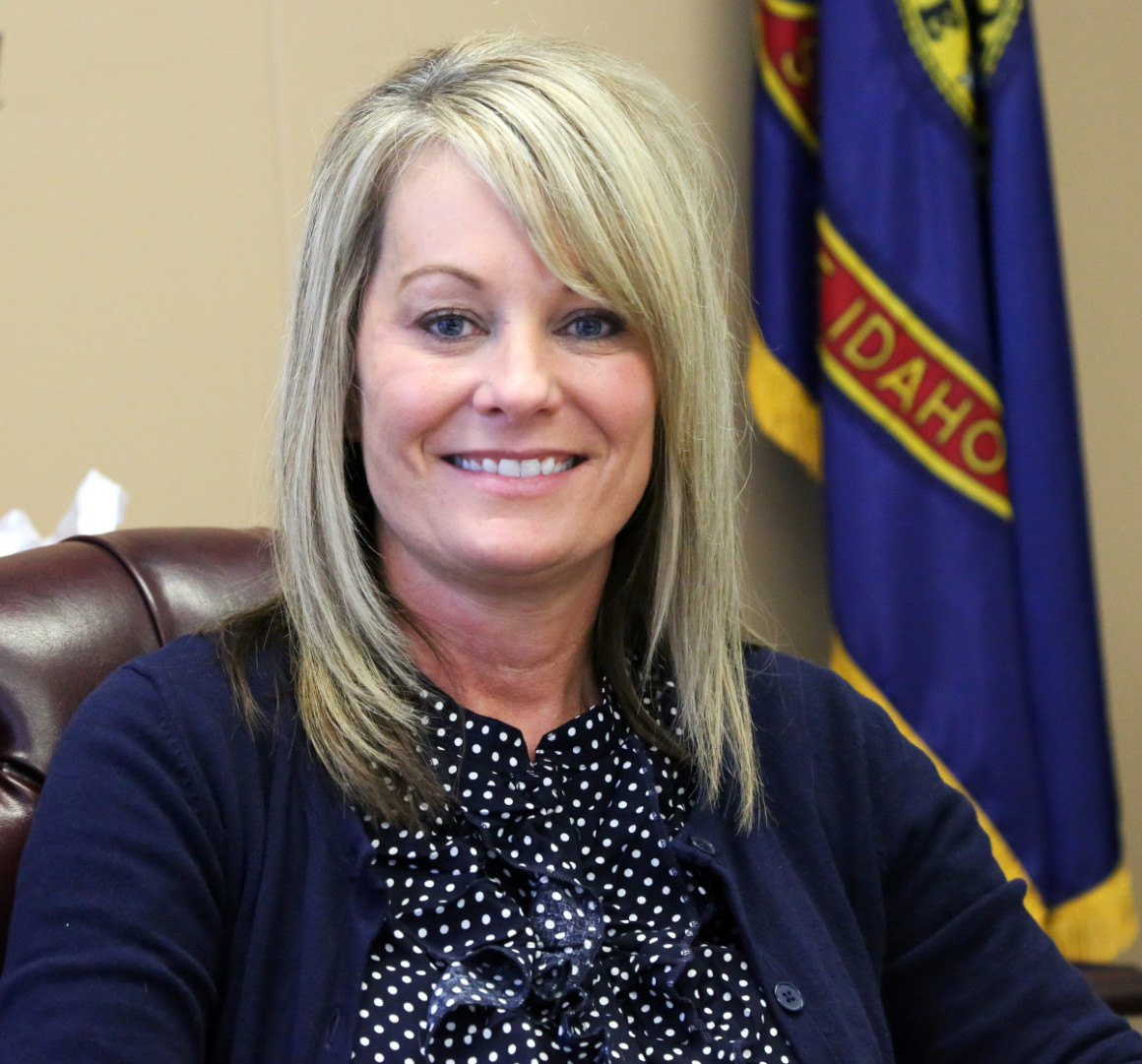Idaho’s new standardized test — the SBAC — could face an important midterm this legislative session.
Known as the Smarter Balanced Assessment Consortium exam, for the multistate compact that created and devised it, the test went through a rocky rollout in 2015. Test results were delayed — and some educators say the time-consuming online test fails to provide useful data anyway. A State Board of Education waiver would allow Idaho’s class of 2017 to graduate without passing the SBAC. And a group of plaintiffs has filed a lawsuit seeking to void Idaho’s SBAC contract.

Against this backdrop, the 2016 Legislature may take another close look at the SBAC. Legislators have never mounted a serious challenge to the Idaho Core Standards — the state’s version of Common Core — but could they decide to dump the exam aligned to those standards?
Senate Education Committee Chairman Dean Mortimer hasn’t seen any anti-SBAC bills, yet.
“(But) we’ll continue to talk about it, and look for solutions and alternatives,” said Mortimer, R-Idaho Falls.
Districts divided?
The SBAC decision boils down to a couple of basic arguments.
Those in favor of keeping the SBAC concede the test has had problems. But they want to at least stay the course through the three-year trial — and collect at least some multiyear data on student growth.
Those who want to dump the SBAC acknowledge the need for long-range student test data. But they don’t want to hang onto a time-consuming test that has been fraught with problems.
Idaho Education News surveyed the state’s district superintendents and charter school administrators about a host of legislative topics, including the SBAC. Only 29 officials responded to the online survey — not enough to offer a scientific sample. But the responses revealed a deep divide on the SBAC.
“I would like to see us stick with something for longer than a trial period,” Mackay district Superintendent Leigh Patterson said. “Any data we have received will be null and void if we switch tests and then we will again have a huge waiting period before we have any real data to look at.”

“Not crazy about it, but don’t know of a better (test) out there,” said Basin district Superintendent John McFarlane.
“The SBAC tries to be all things to all people: It gathers more information than the state can use and delivers needed information to the teacher/school too late to be of any real benefit,” said Joel Lovstedt, principal of the Academy Public Charter School in Pocatello.
“We need to develop our own indigenous test,” said Madison district Superintendent Geoffrey Thomas, a longtime SBAC critic. “Make it reasonable, cost-effective, much shorter and actually meaningful unlike the odious SBAC.”

School trustees are on record in opposition to the SBAC, however. In November, the Idaho School Boards Association passed a resolution calling on the state to replace the SBAC. Spearheaded by the Boise School District, this resolution passed by nearly a 10-to-1 margin.
A renewed (and reshaped) debate
During the 2015 session, SBAC came under close scrutiny in Mortimer’s committee, and on the Senate floor.
The Senate unanimously passed a bill that would have allowed parents to opt their children out of the exam. On a 33-1 vote, the Senate passed a resolution to direct state superintendent Sherri Ybarra to present SBAC alternatives to the 2016 Legislature. Both measures stalled in the House.
The resolution said SBAC “is probably a poor fit for the state of Idaho because of its length and cost.” Senators signed onto this resolution, and this assessment, on Feb. 26 — a month before the start of last spring’s troubled SBAC testing period.
Last year’s testing troubles could reshape this year’s SBAC debate. So could a change in federal education law.
On Dec. 10, President Obama brought the No Child Left Behind era to a close — signing a law that replaces the unpopular 2002 education law. The Every Student Succeeds Act doesn’t eliminate the need for standardized testing, such as the SBAC. States will still need to administer standardized tests in third through eighth grades, and again in high school, and these tests still must be administered to at least 95 percent of students.
However, ESSA also gives states some added leeway. They can use a college entrance exam, such as the SAT or the ACT, to satisfy the high school testing requirement. Seven states already use the SAT or ACT to meet testing requirements, Education Week reported Monday, and other states are gearing up to follow suit.
Idaho students already must take a college-entrance exam in order to graduate high school — and every April, high school juniors can take the SAT, on the state’s nickel. So Mortimer is interested in the idea of replacing SBAC with a college entrance exam.
“Why do we want to double-test our students?” he said.

However, Ybarra isn’t sold on the switch.
“That has been an ongoing conversation amongst the staff at the (State Department of Education), and in gathering feedback from educators across the state,” Ybarra spokesman Jeff Church said Monday. “The feedback is that educators like the ACT and what it provides; however, this is only feedback and is very much in a discussion phase.”
And Ybarra is in no hurry to scrap the SBAC. She says the state needs a second year of testing and data collection before deciding what to do next.
